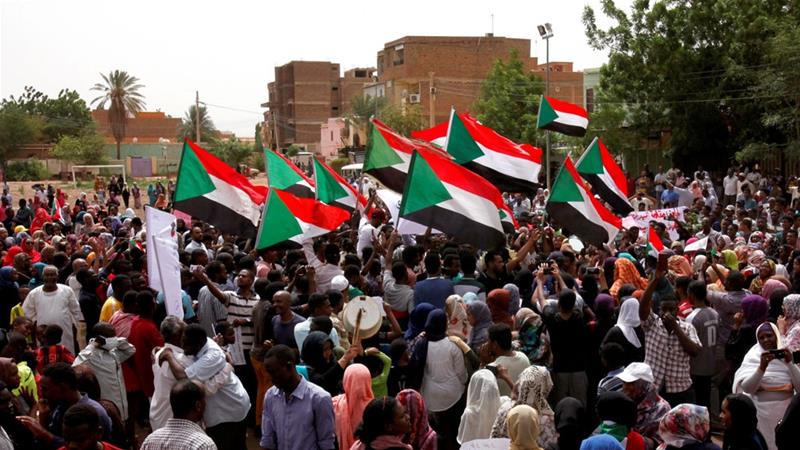
Finally, in a historic moment, ruling military council and opposition leaders of Sudan signed a power-sharing deal, though it lacks crucial details and is to be debated tomorrow.
The military ousted President Omar al-Bashir in April and since then the country has been in turmoil.
The military and opposition leaders have agreed the sovereign council is to have five civilians, five military figures and these 10 members to choose an 11th civilian.
For the first 21 months the charge of the council will be given to a military general and following it, for 18 months, a civilian will lead.
Prime Minister of Sudan will be chosen by the protesters while the military will be nominating the defence minister and interior minister.
The deal however means Sundan is now just three years away from having a fully civilian administration. It is meaningful as the country has seen 30 years of military rule under President Omar al-Bashir.
Last December Bashir imposed emergency austerity measures against protesters. He was overthrown in April by the military but protests continued in capital Khartoum to ensure swift transition of power to a civilian administration.
On June 3 the Rapid Support Forces opened fire to disperse the protesters sitting outside the defence ministry and dozens were killed.
Few weeks later protesters in tens of thousands returned to the streets forcing the military to resume talks with opposition leaders.


